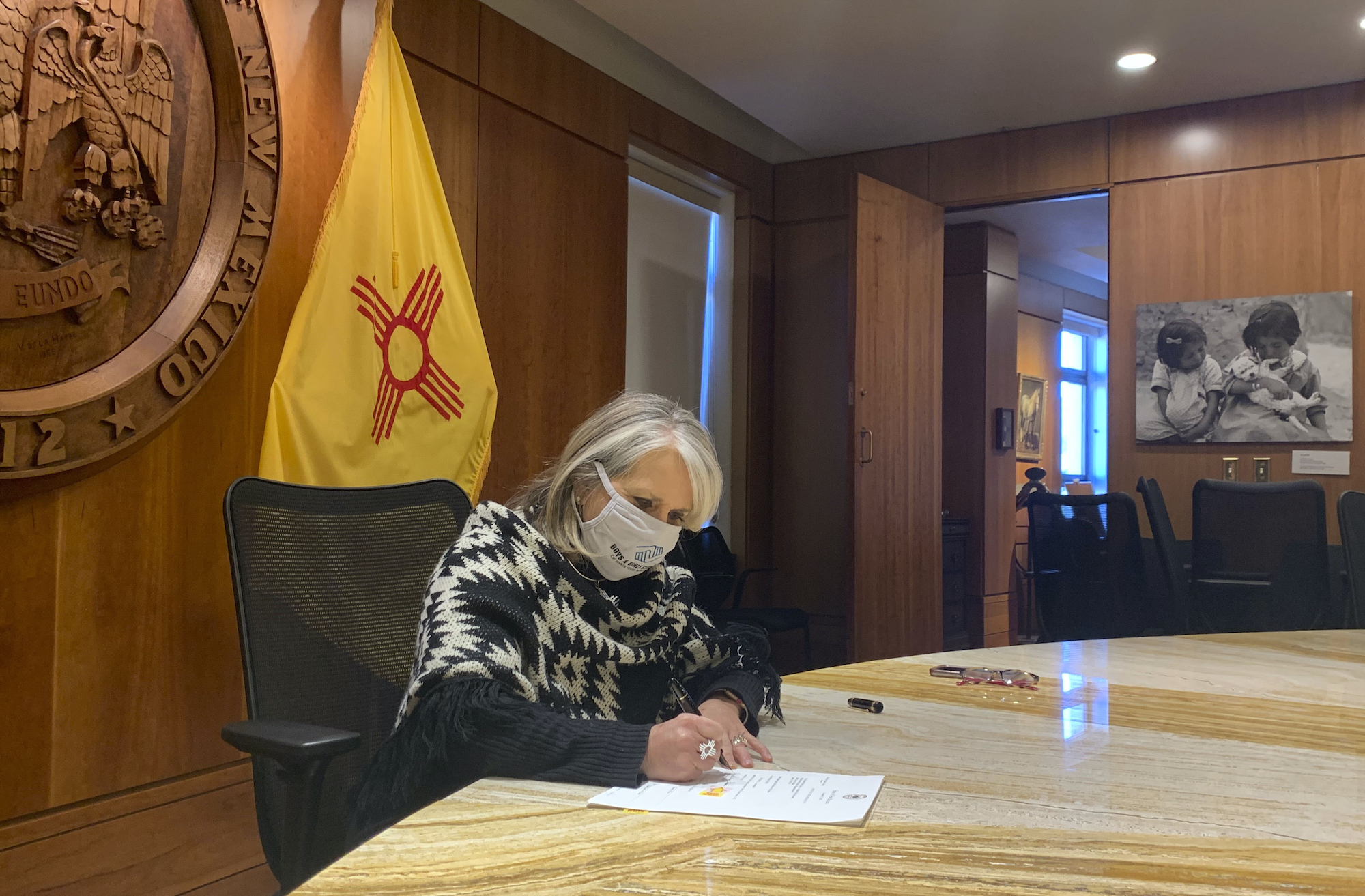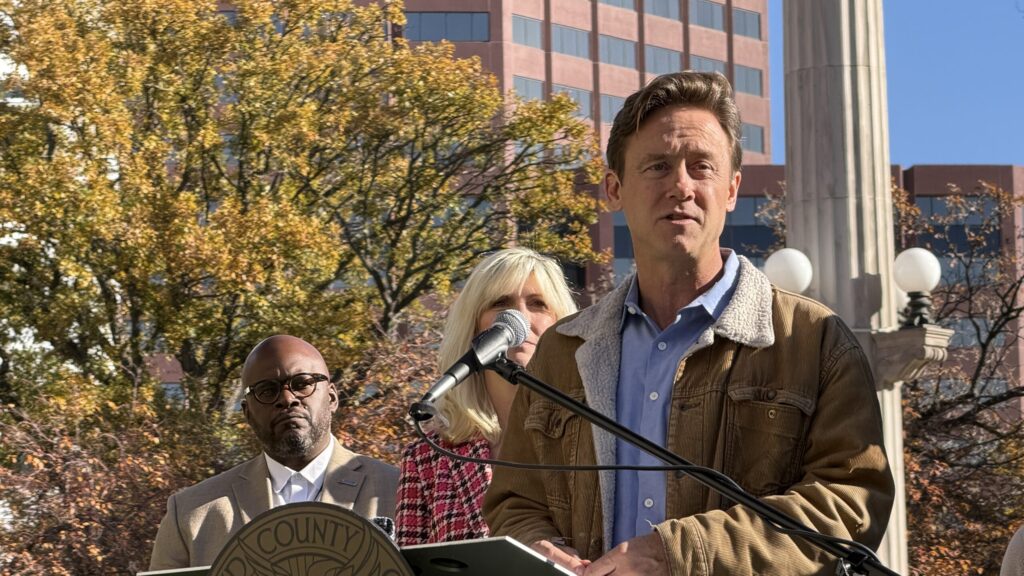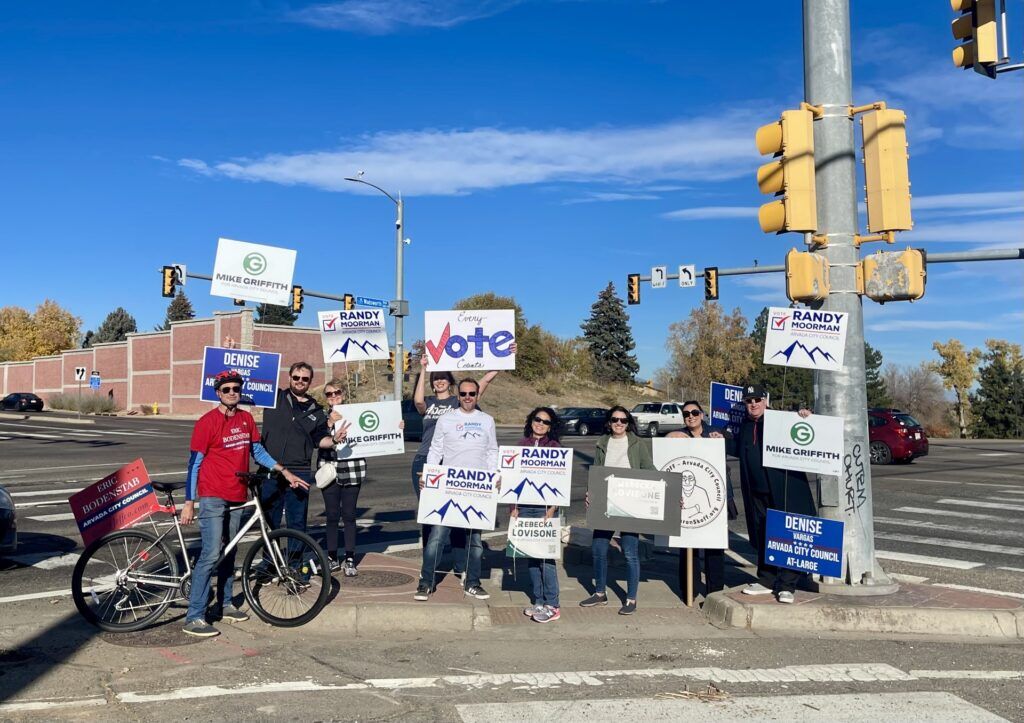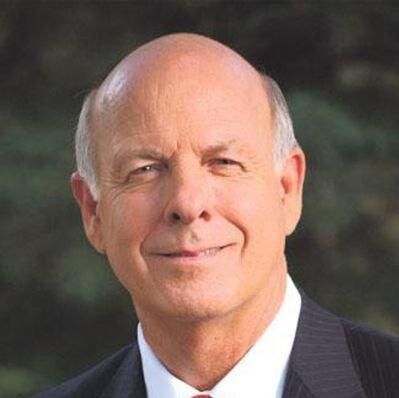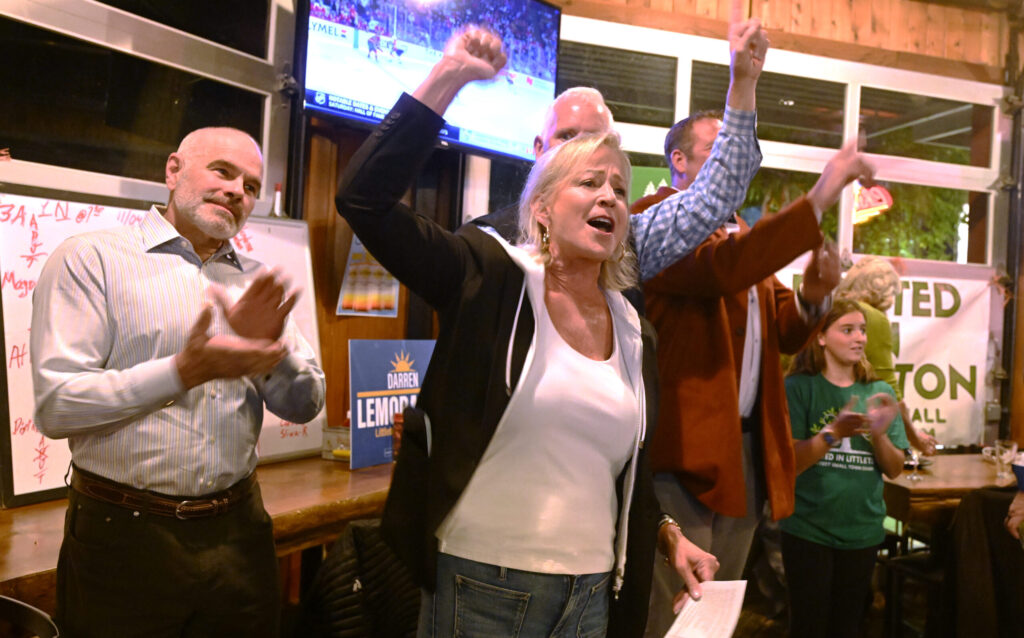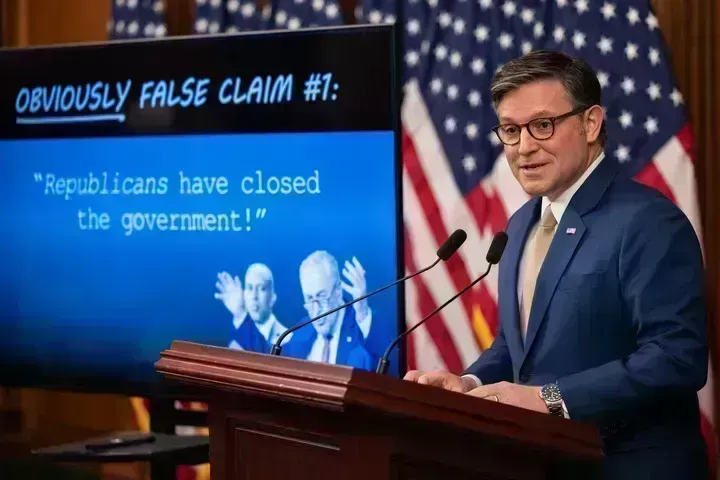OUT WEST ROUNDUP | New Mexico OKs pandemic relief; Wyoming moves to repeal death penalty
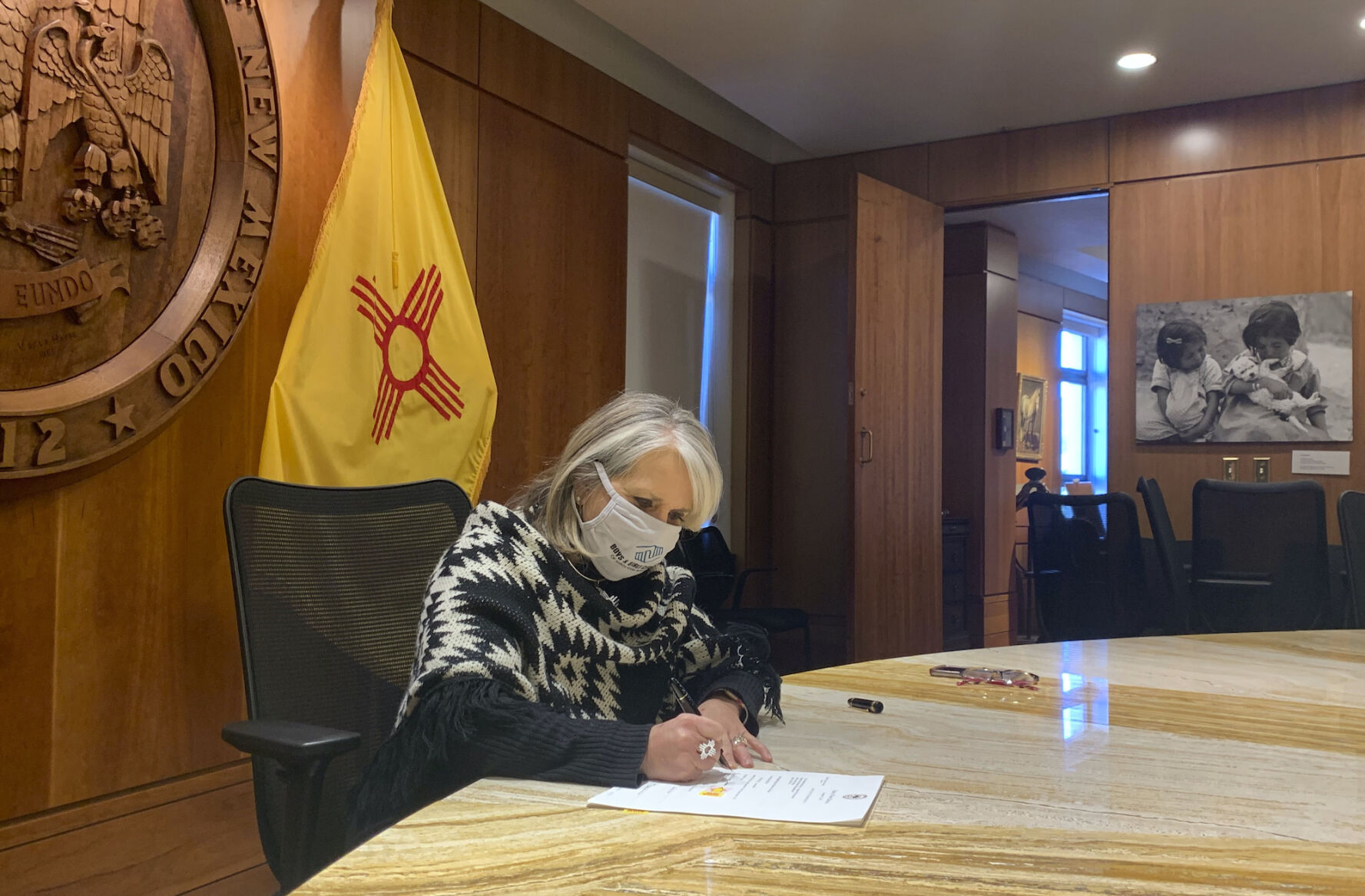
NEW MEXICO
Governor signs pair of pandemic relief bills
SANTA FE – New Mexico’s Democratic governor has signed economic relief legislation that provides $600 rebates to low-income workers and a tax holiday for restaurants that have been hobbled by aggressive pandemic health restrictions.
Gov. Michelle Lujan Grisham on March 3 signed two bills that are part of an ambitious economic recovery package. New Mexico state finances and trust funds are rebounding amid a surge in oil production and prices, along with a boost from 2020 federal relief to state and local government, businesses, the unemployed, school districts and tribal governments.
States including New Mexico are not waiting on more federal help as they approve coronavirus aid packages for residents and business owners devastated by the economic fallout from the pandemic.
A newly signed bill provides a four month holiday from gross receipts taxes on sales and business services for business operators at restaurants, bars, food trucks, small breweries, wineries and craft distilleries.
The bill’s break for low-income workers applies for 2020 tax filings to 200,000 people who typically claim the state’s working families tax credit for individuals earning $31,200 and joint filers who earn up to $39,000.
RELATED:
A YEAR OF COVID | Gov. Jared Polis talks time in a crisis, as his agenda waits
Denver City Council approves additional COVID-19 relief, housing efforts
The state will forgo an estimated $200 million in general fund revenue. Local governments are reimbursed for lost tax income.
The second bill expands an emergency loan program for businesses that lost income after the pandemic hit in 2020.
It would authorize loans of up to $150,000 to small businesses at sub-prime rates of less than 2% annual interest with a payback term of up to 10 years.
Bill advances to exempt state from time changes
SANTA FE – New Mexico would eliminate twice-annual seasonal time changes under a bill endorsed March 5 by the New Mexico state Senate.
On a 22-18 vote, the Democrat-led Senate approved a bill that would keep New Mexico on daylight saving time throughout the year.
It was unclear if the House will bring the measure to a floor vote before the legislative session ends on March 20. Democratic House Speaker Brian Egolf was co-sponsor of a similar bill in 2015 that won Senate approval and stalled in the House without a vote.
RELATED:
Year-round Daylight Saving Time bill goes dark
Study: Daylight savings switch increases fatal car crashes
Republican Sen. Cliff Pirtle, a dairy farmer from Roswell, has championed the initiative since 2013 without success, arguing that the time change is disruptive and that many people prefer to have extra daylight in the evening.
Democratic state Sen. Bobby Gonzales of Taos cast a no vote. He says the bill would result in children spending more time in freezing cold morning weather in northern New Mexico as they wait for school buses at sunrise.
For the bill to go into effect, the state would need to request an exemption from federal transportation authorities.
WYOMING
Bill to repeal death penalty advanced by legislative committee
CHEYENNE – A bill to repeal the death penalty in Wyoming was advanced by a Senate committee March 4, setting the proposal up for debate in the chamber where it was defeated two years ago.
If Senate File 150 gains approval from the Legislature, Wyoming would become the 24th state to abolish the death penalty – including Colorado, which abolished capital punishment last year – while three other states have governor-imposed moratoriums in place. In Wyoming, abolishing the death penalty would save the state roughly $870,000 annually in funds earmarked for capital cases, a point that bill sponsor Sen. Brian Boner, R-Douglas, emphasized while explaining the bill to the Senate Revenue Committee.
Several members of the public spoke in favor of repeal, arguing the death penalty is ineffective and amplifies the pain of victims and their families. Rock Springs resident Christal Martin, who lost her mother and her husband in separate murder cases, said the legal system related to the death penalty causes unnecessary trauma for victims, as well as for offenders’ families.
RELATED:
Gov. Jared Polis signs death penalty repeal, commutes sentences of three on death row
Two House lawmakers explain their death penalty votes
Others argued the death penalty can lead to wrongfully convicted people losing their lives.
A repeal of the death penalty in Wyoming also had the backing of the ACLU of Wyoming, the Diocese of Cheyenne, the organization Conservatives Concerned About the Death Penalty and legal experts who testified during the committee meeting.
Two people testified in opposition to the bill. Jennifer Burns, who ran for office in House District 10 in Laramie County, argued that families that are victims of heinous crimes should be able to have choices on how to proceed legally.
In Wyoming, which has not executed a person since 1992, lawmakers have been mulling a death penalty repeal for the last few years. The issue regained urgency last year, as Gov. Mark Gordon floated the idea of issuing a death penalty moratorium as a cost-saving measure amid ongoing budget challenges.
MONTANA
Vaccine status discrimination bill fails to pass in House
HELENA – The Montana House failed on Feb. 25 to advance a bill that would ban discrimination based on vaccination status and prohibit the use of vaccination status to grant or deny services or access to businesses.
The Republican-controlled House split on the bill in a 50-50 vote, with several Republicans joining Democrats in opposing the measure.
Under the bill, employers – including health care facilities – would have been banned from mandating vaccinations as a condition for employment. Public schools and child care facilities would be required to allow for medical and religious exemptions for all vaccination requirements.
RELATED:
As South African COVID variant appears in Colorado, issue of vaccinating inmates rises again
Yadira Caraveo: We cannot go ‘back to normal’
Several private health care facilities in Montana require that their staff members receive certain vaccinations as a condition for employment. Coronavirus vaccines are not mandated under existing rules.
Current Montana law requires children to receive certain vaccinations to attend public schools, unless parents fill out medical or religious waivers. Licensed child care facilities also require certain vaccinations and allow for medical exemptions and religious exemptions for some vaccines.
Supporters of the bill said it would protect Montana residents’ freedom and privacy to make their own medical choices. Opponents said mandatory vaccinations ensure the health of children and prevent disease outbreaks.
SOUTH DAKOTA
Senators ax ban on transgender girls from girls’ sports
PIERRE – A South Dakota Senate committee on March 3 dismissed a proposal to bar transgender women and girls from participating in women’s sports leagues.
The bill had passed the House, with some Republican lawmakers casting the ban as a way to protect equal opportunities for women in sports. But there are currently no transgender athletes participating in female high school sports, according to the high school activities association. A Senate committee agreed with the high school activities association’s argument that its current policy of evaluating applications from transgender athletes on a case-by-case basis is working, and that the legal and financial consequences of passing such a ban were unnecessary.
Opponents argued that passage of the bill would bring up a broad range of problems for the state – from the NCAA potentially shying away from hosting tournaments, to legal challenges for discrimination and the administrative burden of collecting proof of every high school athlete’s sex at birth.
RELATED:
POINT | Fairness must top inclusivity in sports
COUNTERPOINT | Don’t cut trans kids from the team
Rep. Rhonda Milstead, the Republican who introduced the bill in South Dakota, asserted that she had heard from parents saying that transgender girls are currently competing in girls’ sports leagues. The high school activities association has said that is simply not the case.
Dan Swartos, the executive director of the activities association, said one transgender girl, who has now graduated, participated in girls’ sports leagues without causing problems for other athletes.
But Milstead argued the bill would have far-reaching consequences, hearkening back to women’s fight for equal opportunities in school sports.
